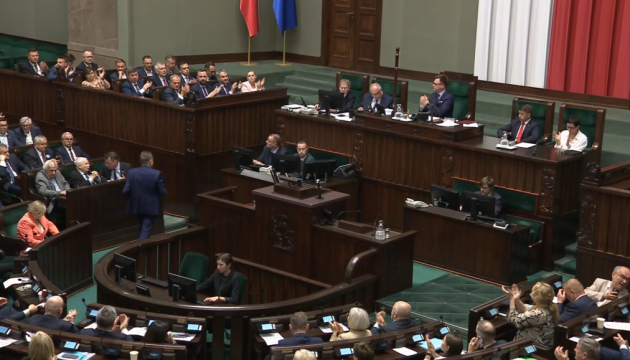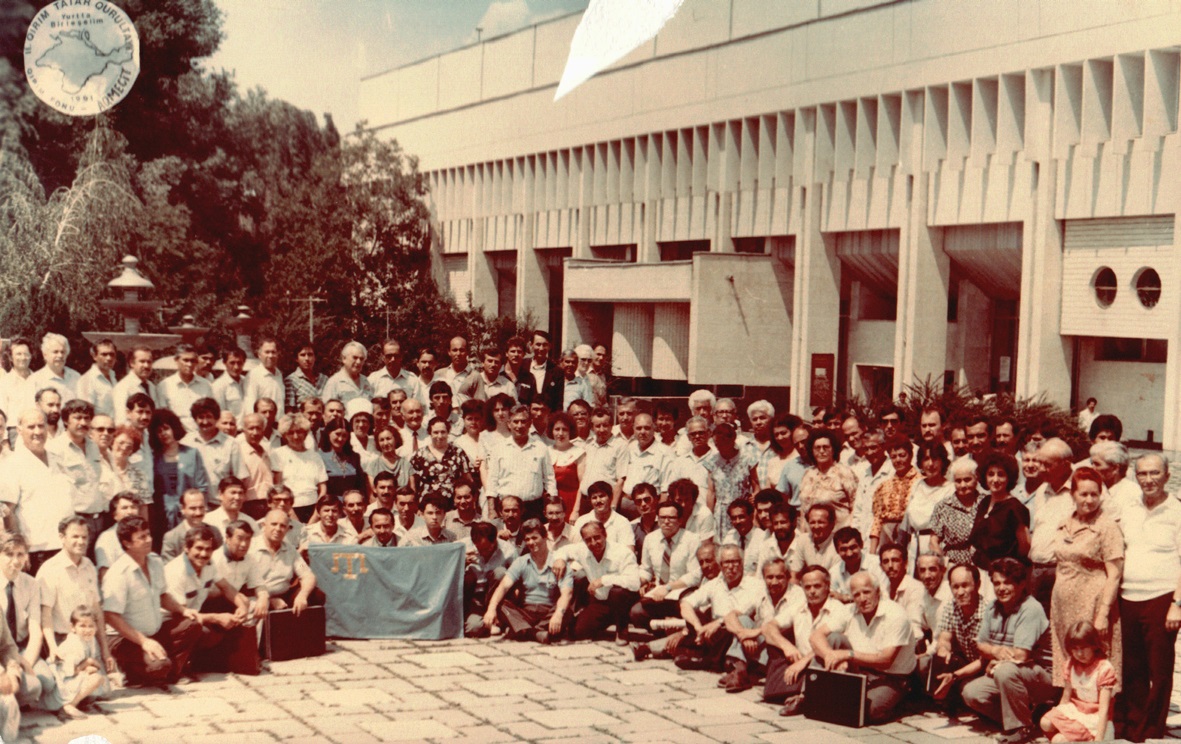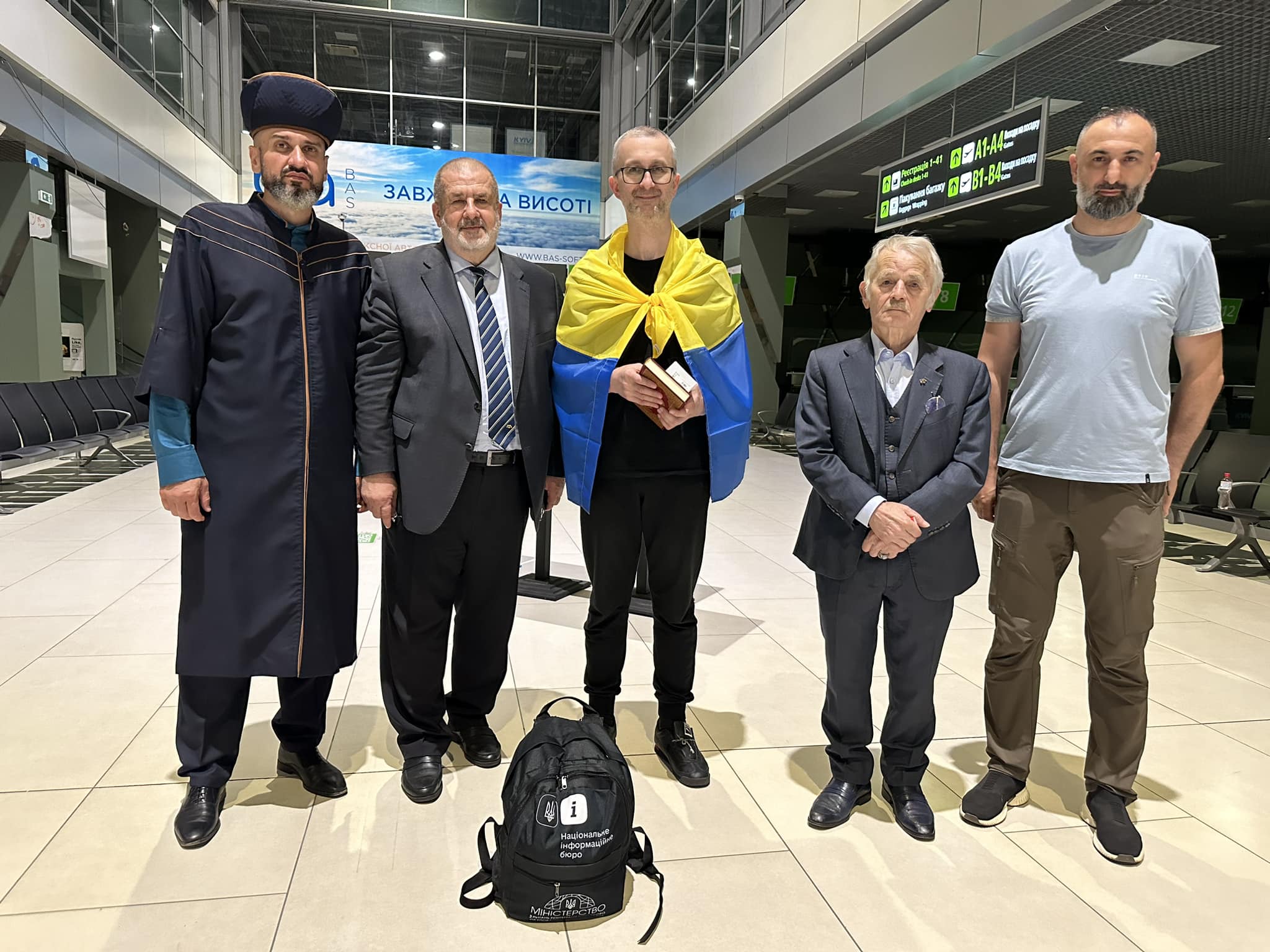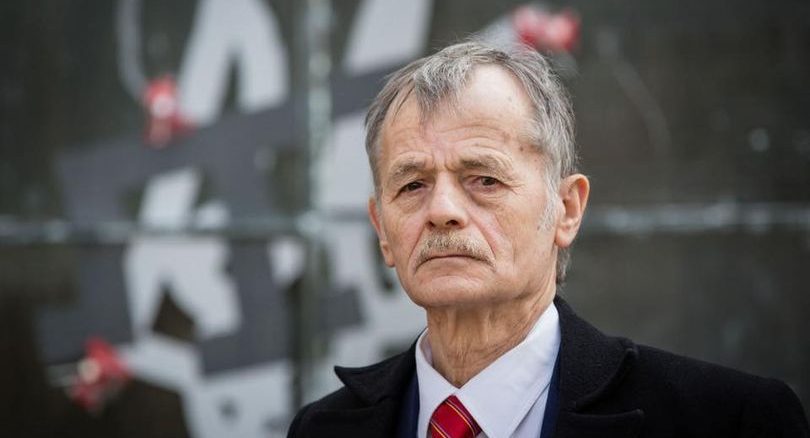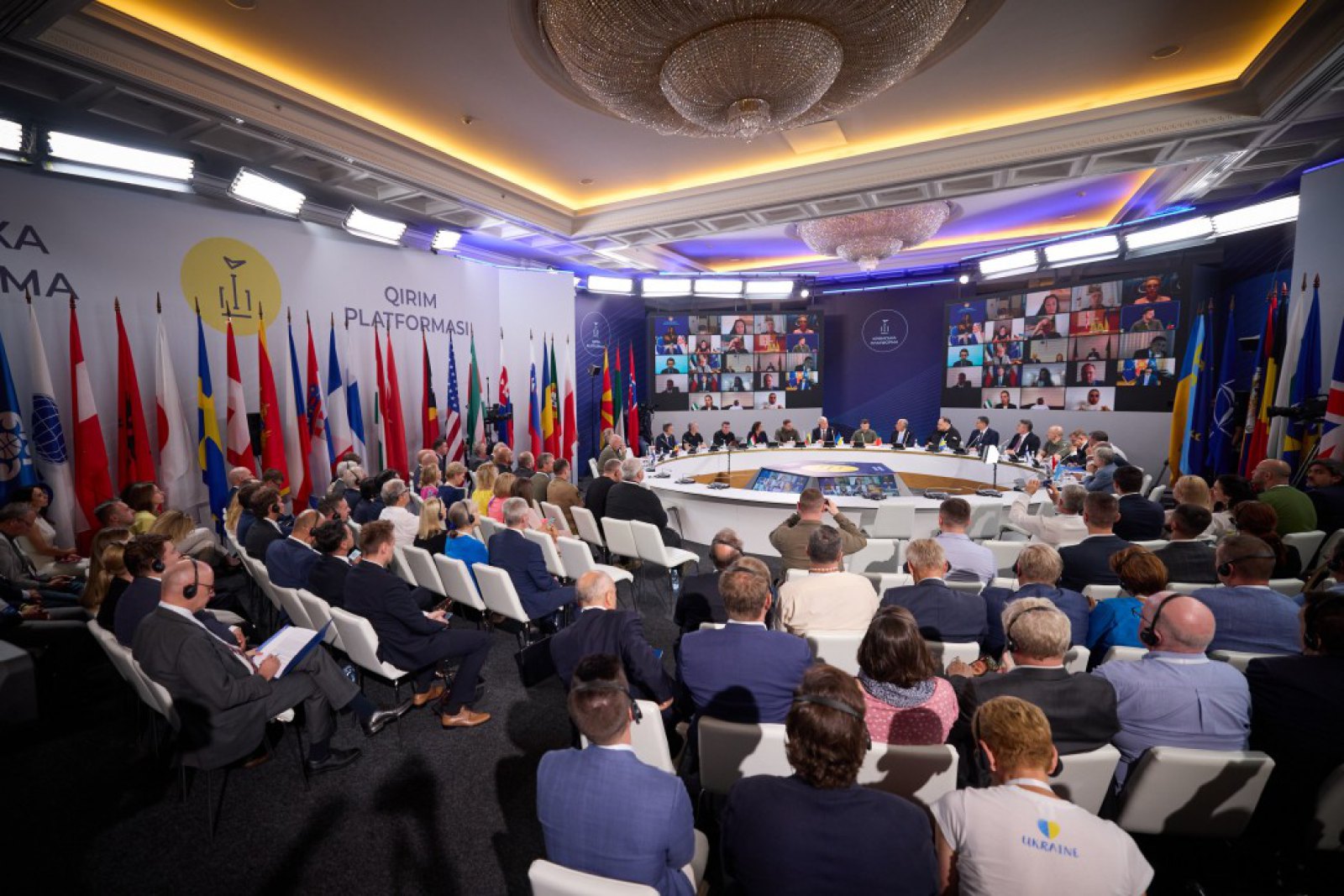Speech of the Leader of Mejlis of the Crimean Tatar People Mustafa Jemilev at the Meeting of the Members of the Board of the Platform of European Memory and Conscience
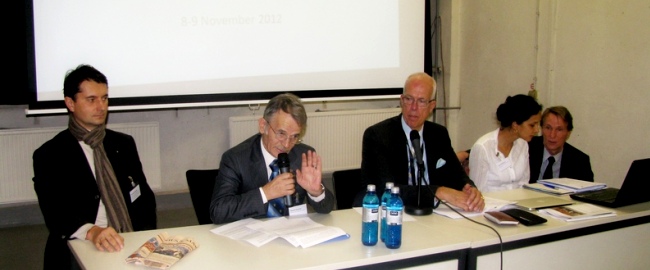
Speech of the Leader of Mejlis of the Crimean Tatar People Mustafa Jemilev
at the Meeting of the Members of the Board of the Platform of European Memory and Conscience.
Topic: “Totalitarianism in Europe – Readings at Schools and Traveling Exhibitions”
Dear ladies and gentlemen
First of all, let me express my gratitude to the members of the “Platform of European Memory and Conscience” for admitting Mejlis of the Crimean Tatar people – the supreme representative body of the indigenous people of Crimea to this authoritative European organization.
The goals and tasks of the “Platform of European Memory and Conscience” are not just understandable, but extremely important for us. Studying of the large-scale crimes of two totalitarian regimes of the 20th century – Nazi and Communist one – in order to eliminate the consequences of the genocides, committed against the European nations, undoubtedly have great practical significance for many peoples of the former USSR that were subjected to the overall deportation from their territories, on their way to the restoration of the long-expected justice.
Today, 20 years after the collapse of the Soviet empire and Communist regime in the USSR and Western Europe, we regret to note that the majority of the post-Soviet countries, including Ukraine, failed to overcome the consequences of the crimes, committed by the Communist regime against the whole peoples, first of all those that were deported from their territories on the ethnic grounds and were forcibly kept for decades in the places of their exile.
Correspondingly, there is no saying about the development of the democratic institutes and values, ensuring the establishment of the juralstate and open civil society in these countries.
More than 20 years of the contradictory development of the majority of the post-Soviet states, testifies also to the direct interconnection between the awareness by the society of the scales and depth of the tragedies, experienced and its present situation.
Consequently, the results of studying of the history of the totalitarian regimes, research of the documents, creation of the educational programs are also necessary for many current politicians, responsible for the decision-making, relating to the legal elimination of the consequences of the large-scale crimes, committed in the 20th century.
The task of the overcoming of the consequences of the acts of the genocide, committed against millions of people still remains open for modern Ukraine that lived through the gravest crimes, qualified by the International law as crimes against the humanity during the Communist regime – Holodomor (1932-1933) and deportation of the Crimean Tatar people on May 18, 1944.
And if in case of Holodomor the Parliament of Ukraine in November 2006 passed the Law “On Holodomor 1932-1933 in Ukraine”, and Article 1 of this document says that “Holodomor 1932-1933 in Ukraine is an act of the genocide of the Ukrainian people”, then in case of the deportation of the Crimean Tatar people and the decades of its forcible keeping in the places of exile, no legislative act was adopted yet at all…
You must admit that the approach to the studying of the crimes of the totalitarian regimes, their evaluation and ways of the restoration of justice, proposed couldn’t and mustn’t be selective. The victims of the totalitarian regimes, both in the individual and collective level, both killed and died and living today expect us taking the urgent and consecutive actions for the sake of justice and guarantees of non-recurrence of such disasters in the future.
In this respect, we welcome and support the call of the “Platform of European Memory and Conscience” to establish the supranational judicial organization whose goal must be to convict the grave crimes, committed by the Communist totalitarian regime. Moreover, as we see it, the decisions of this court mustn’t limit only to the statement and legal evaluation of the crimes, committed, but must possess the instructions on the necessity to adopt the special norms on the national level, aimed at the elimination of the consequences of these crimes, that must be obligatory for the member-states of the European Union and the Council of Europe.
Otherwise, there is also the threat of the revival of the misanthropic ideologies and recurrence of the mass crimes, committed by the authoritative regimes directly or with their support…
As one of the representatives of the repressed peoples of the USSR, I’d like to draw your special attention to the necessity of involving the international and European institutes, first of all the European Union, the Council of Europe and the OSCE to the processes, relating to the return, resettlement and restoration of the rights of the formerly deported peoples.
Thus, the extremely difficult social and economic situation of about 280 thousand Crimean Tatars who managed to return to their Homeland for the past 20 years is being aggravated by the fact that during the past years following the proclamation of Ukrainian independence no legislation was adopted that would regulate issues related to the restoration of political, economic, social and cultural rights of the Crimean Tatar people.
Moreover, about 150 thousand Crimean Tatars still have to remain in the places of their deportation against their own will; so many families are separated…
The tremendous efforts should be made to have time to safe Crimean Tatar language, to revive Crimean Tatar schools, to make a list and preserve the monuments of the material and spiritual culture, to adopt the special laws, aimed at the restoration of the rights of the indigenous people of Crimea, including its land right.
We believe that there is an urgent need to call under the aegis of the international and European organizations the special International Forum for restoration of Crimean Tatar People’srights on their homeland, its security and guarantees of development in Ukraine. At this, I am pleased to note thatthis our initiative gained the support of the OSCE, the European Union and the Council of Europe, and we are now in the process of agreeing the Forum’s goals and tasks with the Government of Ukraine.
Other repressed peoples in the post-Soviet territory face another, not less complicated problems. According to the representatives of the repressed peoples of the former USSR their rights were not fully restored, despite numerous declarations.
According to our conviction, the participation of the representatives of the repressed peoples of the former USSR in the framework of the “Platform of European Memory and Conscience” will promote to the positive changes of the positions of the states, concerned towards the goals and tasks of the “Platform…”
In conclusion, let me assure you that Mejlis of the Crimean Tatar people is ready to the most active work in the framework of the “Platform of European Memory and Conscience” and to make its feasible contribution to the achievement of the goals and tasks declared.
Thank you for your attention!
November 8, 2012
Germany, Berlin
